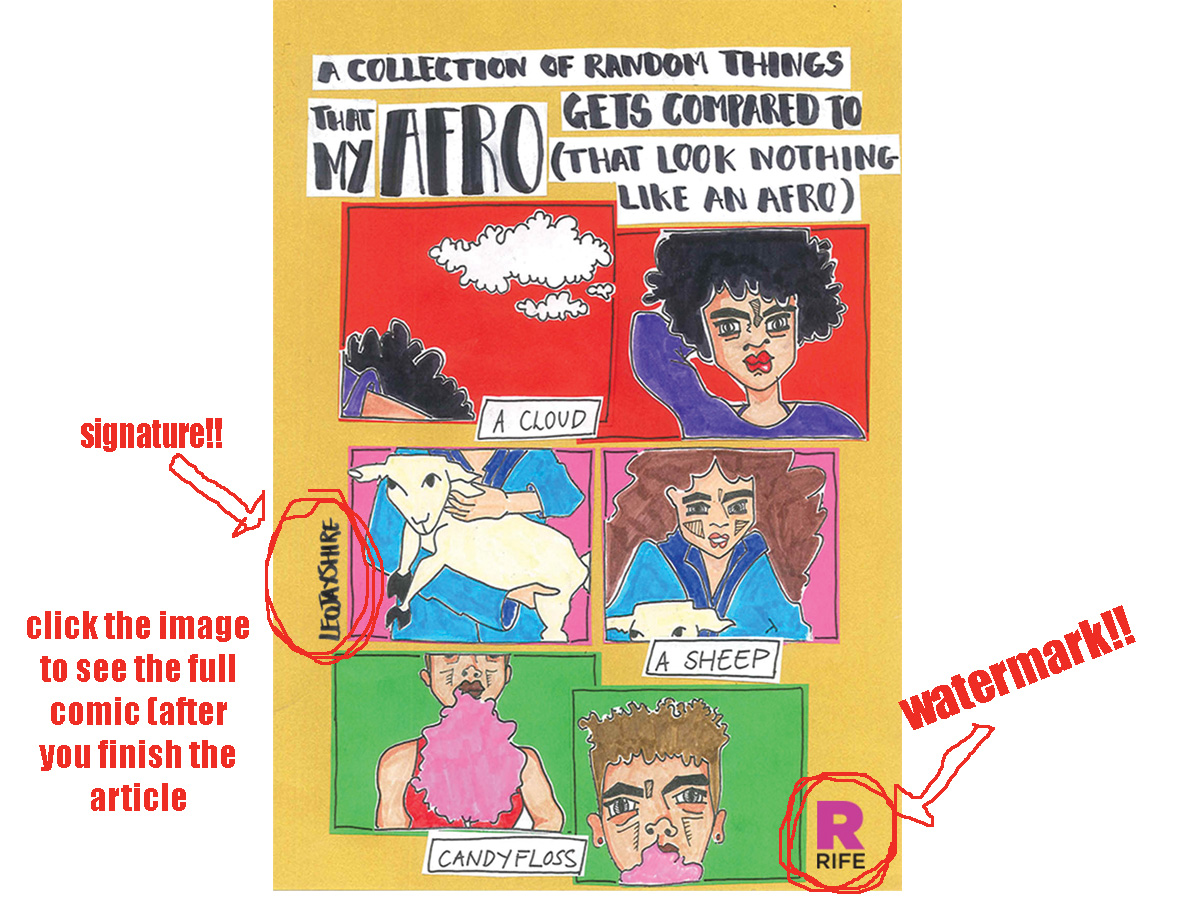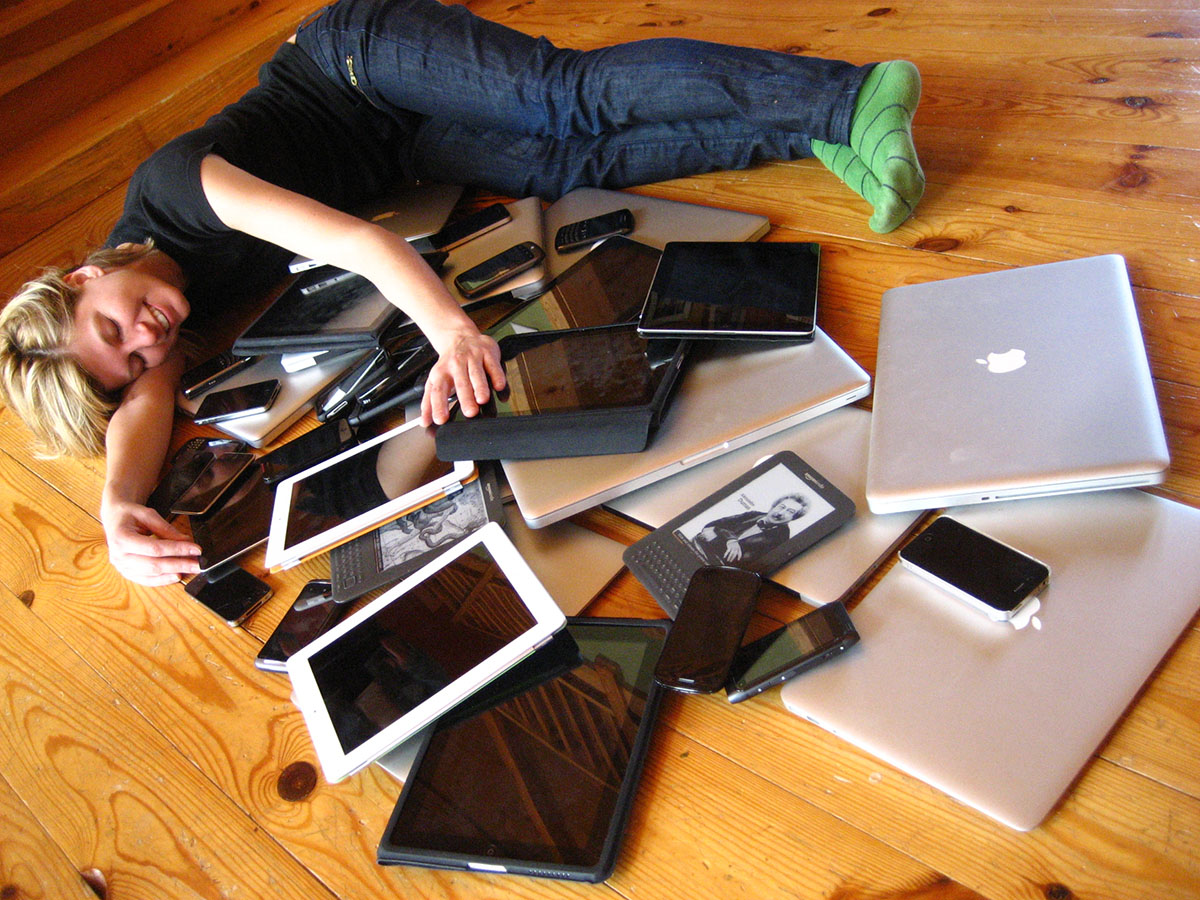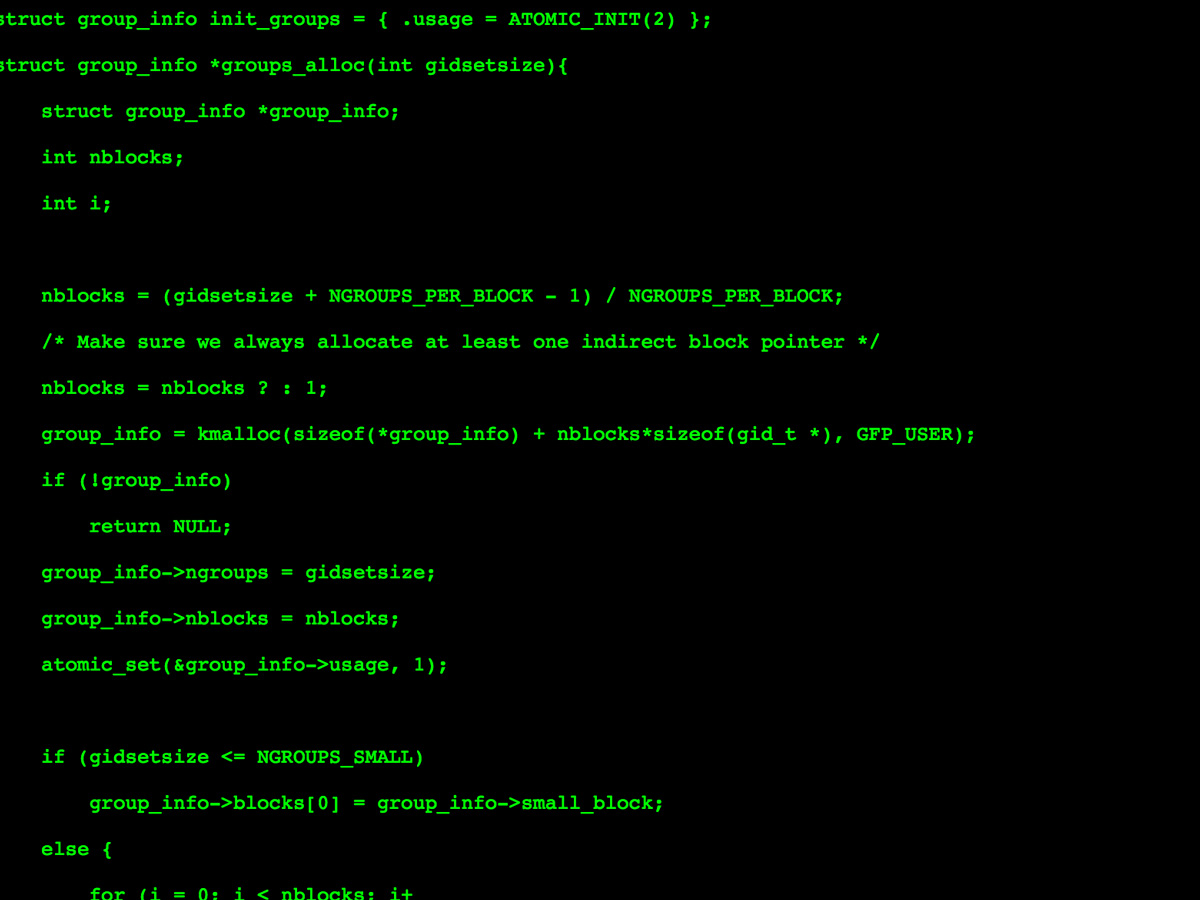How To Protect Your Intellectual Property Online

Photo courtesy of Leo Jay Shire. Because I didn’t want to steal someone else’s picture in an article about not stealing other people’s work online.
If you’re posting creative content online, you might want to know how to prevent the product of your hard work from being stolen.
The internet is a great place to put your creative work out there and get recognised. It’s also a great place to have your intellectual property stolen. Your intellectual property is something that you yourself have created, and this can be art, music, films, writing, crafts, inventions, you name it, as long as you’ve made it. The theft of intellectual property online happens often and is by no means a new phenomenon. Remember those old anti-piracy ad campaigns with the message ‘you wouldn’t steal a car’ so don’t illegally download a movie? It’s the same thing, but it’s not just big film distributors that can have their work stolen (funnily enough, the music on that particular campaign was actually used without permission). Here are some questions about protecting your intellectual property online, answered:
How do I know if my work has been plagiarised?
If someone is trying to pass off your work as their own, this is plagiarism.
If someone is trying to pass off your work as their own, this is plagiarism. If this is happening, you’ll probably find out through someone recognising the work as yours and letting you know. This is what happened to filmmaker Savannah Hemmig when her friend posted a Buzzfeed short film on her Facebook, joking that she ‘had made the same film two years ago’. However, when it turned out she had in fact sent the same short film to Buzzfeed, it seemed to be too much of a coincidence.
There are a number of ways that you can see if your work is being plagiarised without you knowing. Using search engines to find copies of your work is the most obvious method. For example, typing in a unique sentence from your writing into a search engine and see if any results you weren’t expecting turn up may locate plagiarized blogs or articles. The same can be done with images through Google’s reverse image search function. However, both of these are not entirely reliable. If someone has altered your image then results may not turn up. Similarly, if your writing has been uploaded as an image or pdf file then you won’t find any results, and obviously if your work has been plagiarised but hasn’t been uploaded onto the internet then you won’t find results at all.
I want to share someone else’s content, but I don’t want to break any laws, what do I do?
Copying or sharing someone else’s work without permission is breaking the law unless it’s in the public domain. But relax. Practising some basic good ethics will prevent you getting into trouble.
If you’re not sharing the work for commercial gain then it shouldn’t pose too much of a problem for you.
If you’re not sharing the work for commercial gain then it shouldn’t pose too much of a problem for you. For instance, sharing a YouTube link to your favourite song is not going to get you in trouble. But uploading someone else’s music and profiting from it, as happened with elusive musician Jai Paul, is definitely the wrong side of the law to be on. When Jai Paul’s heavily awaited debut album was released on Bandcamp in April, 2013, it was quickly downloaded in large quantities and ended up trending on Twitter, only for Jai Paul to announce that the music had been stolen from him and he had nothing to do with the release [I was one of those poor fools – ed.]
To keep yourself on the right side of the law, have a look at what the source says about sharing content. It may already be stated somewhere whether they grant permission for their work to be shared or not. Also, credit the creator (but don’t, as in Jai Paul’s case, pretend to be the creator). If you’re not sure who the work belongs to then state where you found it, and always be willing to remove the work if asked. Transparency is key. It’s also good practice to remember that just because some content is online does not mean it’s in the public domain, though it may seem like they’re one in the same. Even if a person has shared their work in digital form, they still own the copyright of it.
Someone has stolen my work online. Now what?
The first step you should take when you’ve found your work posted online without your permission is to contact the poster. If you’ve found your work on a social network, it’s likely there’ll be a message function you can use to let them know. It’s likely that other websites will have a Contact Us section somewhere, and you can use that to let them know that your work is being posted without your permission. It could just be a misunderstanding and this is the best way to clear that up.
Artist James Soares noticed similarities between his artwork and the art found on a skirt sold by Urban Outfitters.
If, after doing that, they don’t respond or refuse to remove your contact, the next best step is to take to your own social media channels and highlight the issue. This is what artist James Soares did when he noticed similarities between his artwork and the art found on a skirt sold by Urban Outfitters. He posted on Tumblr, which attracted thousand of notes and eventually led to the press picking up the story
If you decide to do the same, make it known where you found the work, on what date, and where your original content can be found. This will let whoever stole it know that you’re serious about your complaint, and will also keep track of their misdoings in case they’re a serial offender. If neither of these approaches work, you may want to take legal action. Don’t worry, it’s a lot easier than hiring a lawyer. Most search engines, such as Google, Yahoo, Bing and AOL, allow you to report copyright infringement through them. They then may consider removing, blocking or restricting access to that work.
How do I stop people from stealing my work?
It’s not possible to prevent others from stealing your work entirely, but it is possible to make it harder for them to do so. If you create visual images, watermarking the images with your name or logo will make it harder for someone else to pass it off as their own. For instance, in the comic I created for Rife, there is both my name and the Rife logo on the image, so that the work can be easily traced back to here.
Uploading your work with a note stating whether or not you’re give permission for it to be shared and under what conditions may also prevent your work being used in ways you’re not happy with. Most cases of people stealing work are not intentional but merely accidents because the laws of intellectual property online are so murky.
The internet is a great place for young creatives to get their work known and it’s important that, as users of the internet, we do what we can to make sure they all get properly credited. The more people feel confident that their work isn’t going to get stolen, the more likely they’ll be to create more great content that we get to appreciate.
How do you go about sharing your creative work online? If you have any work you DO want to share and think Rife would be interested, let us know @rifemag on Twitter or via our Get Involved section.
Want to try reporting yourself? Check out The CYNews Project ‘We Are Bristol‘, a great chance for to get involved in a new media outlet for reporting on issues that effect young people in Bristol.








